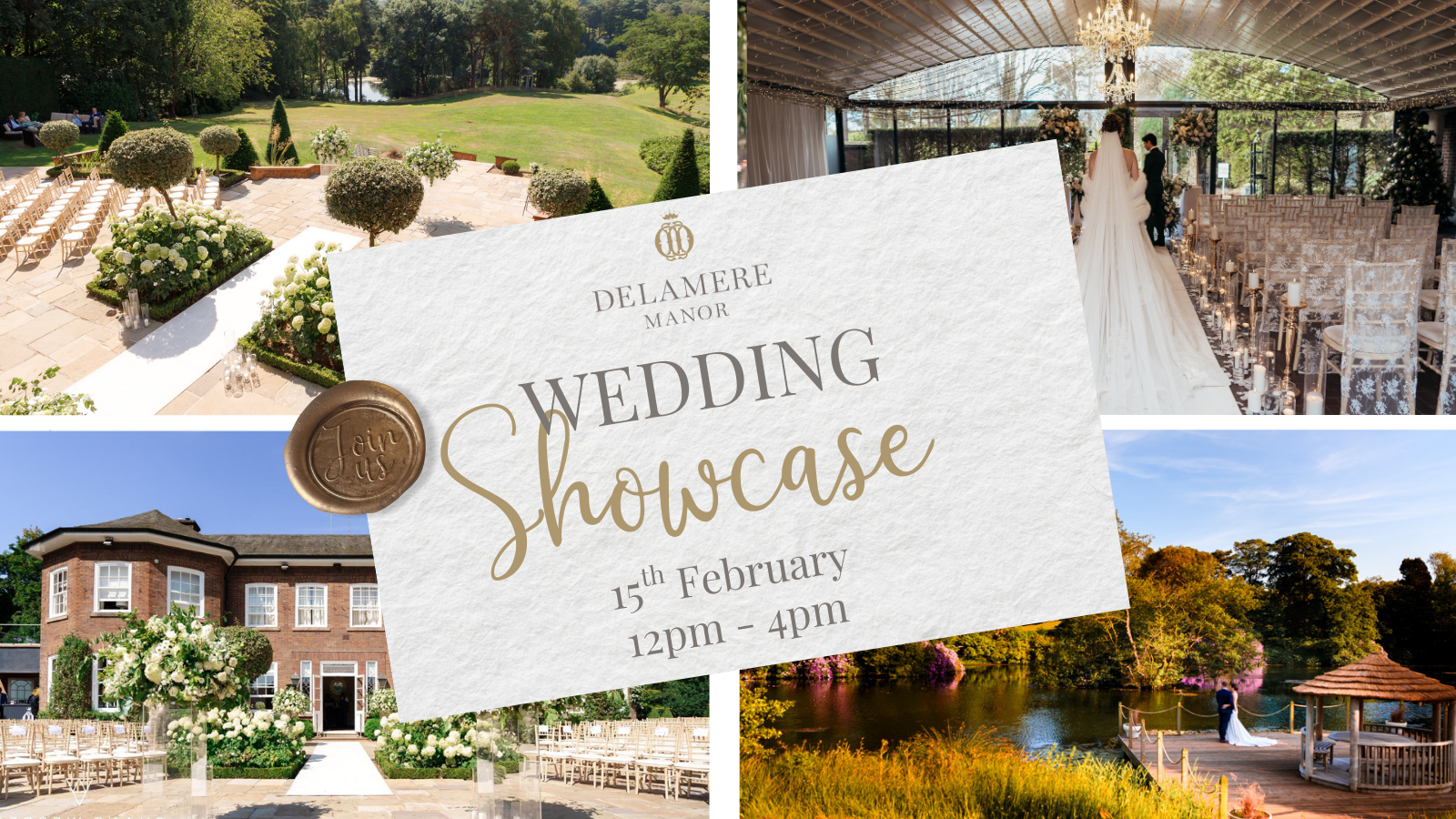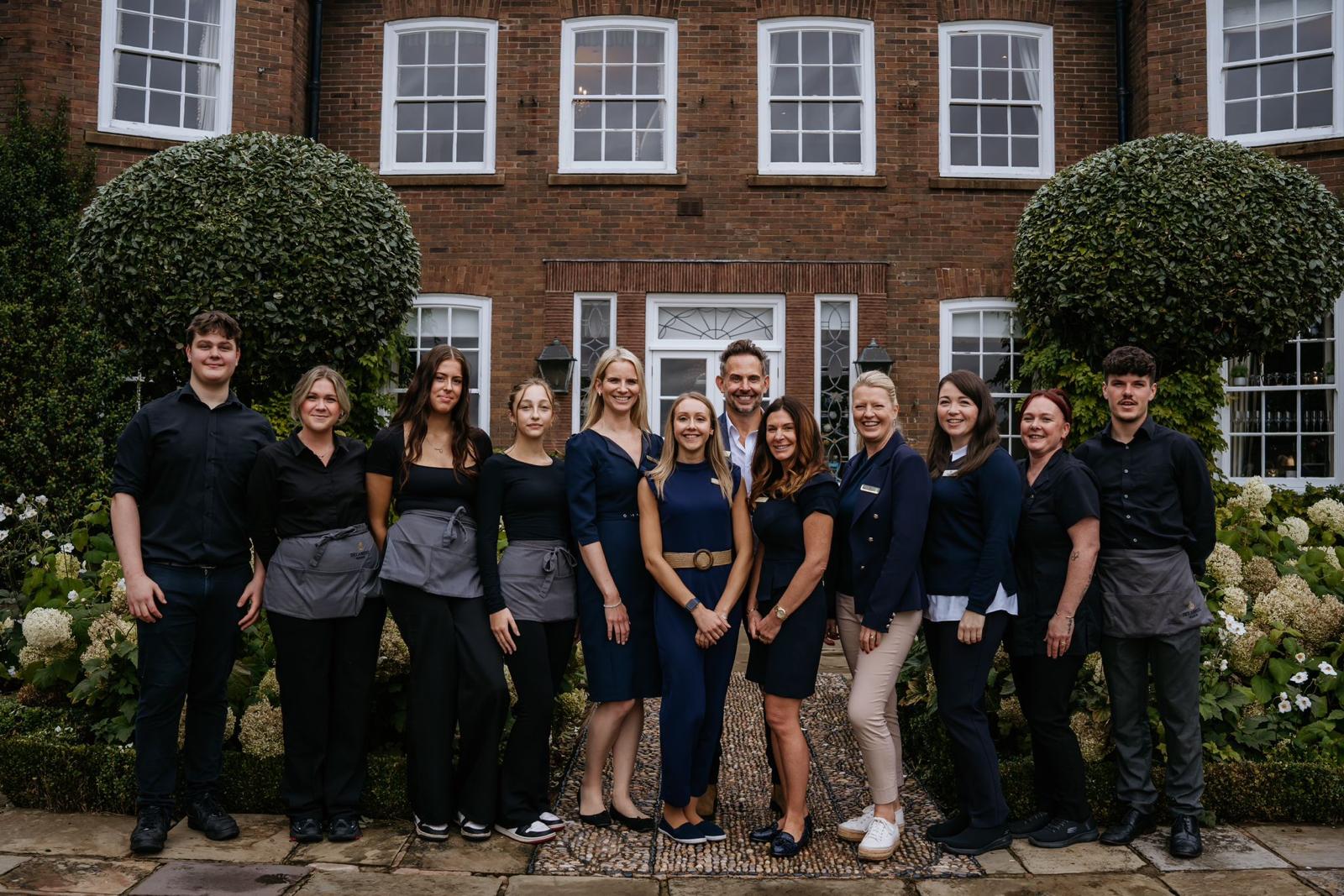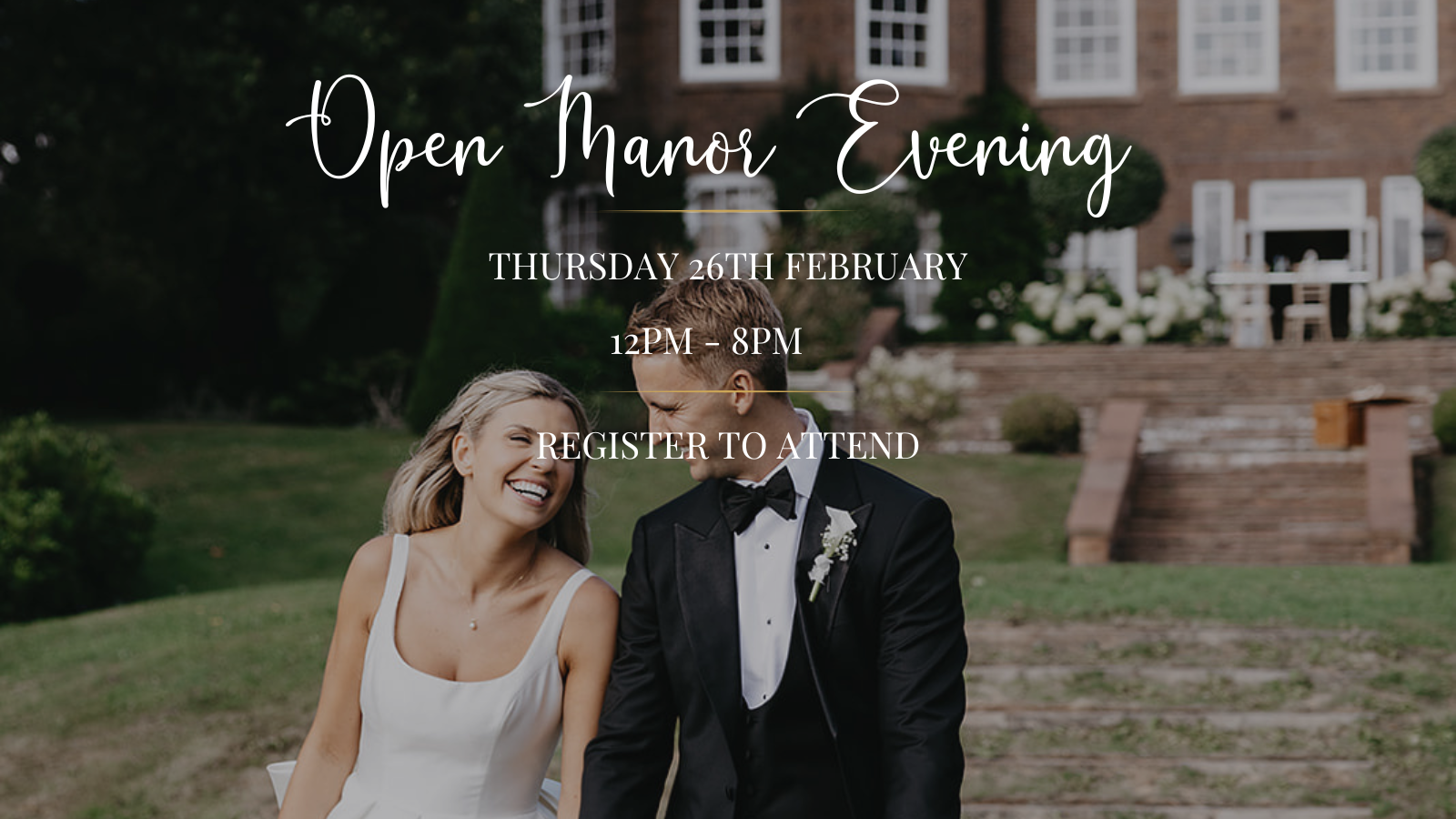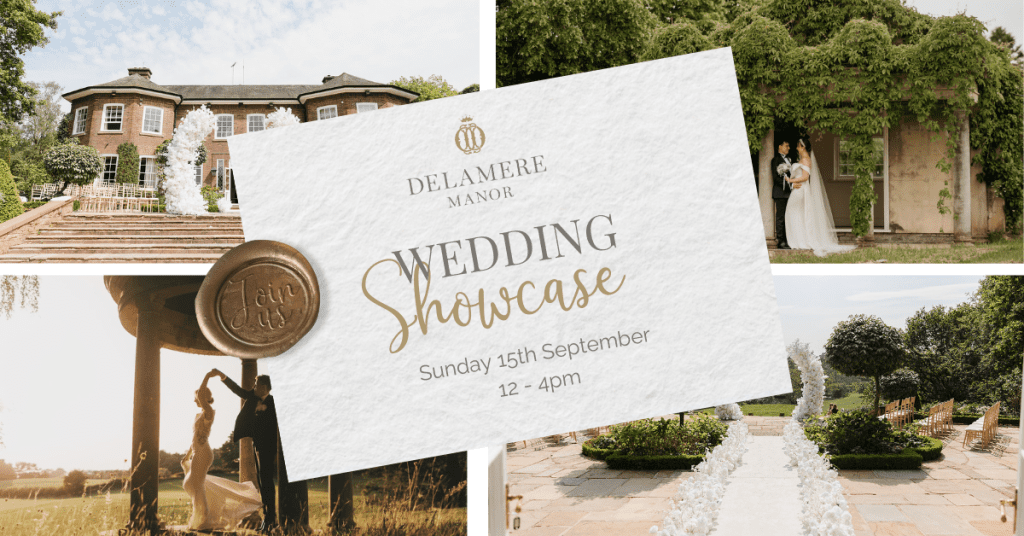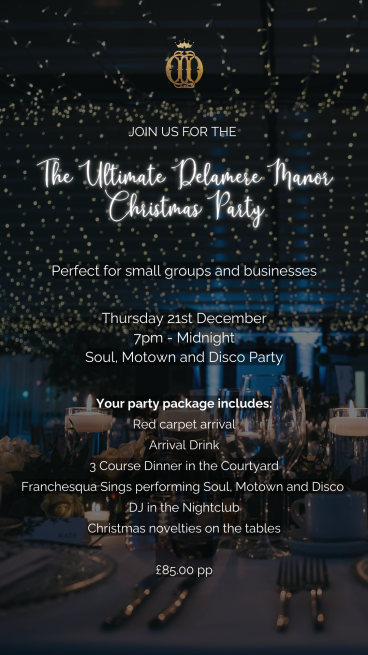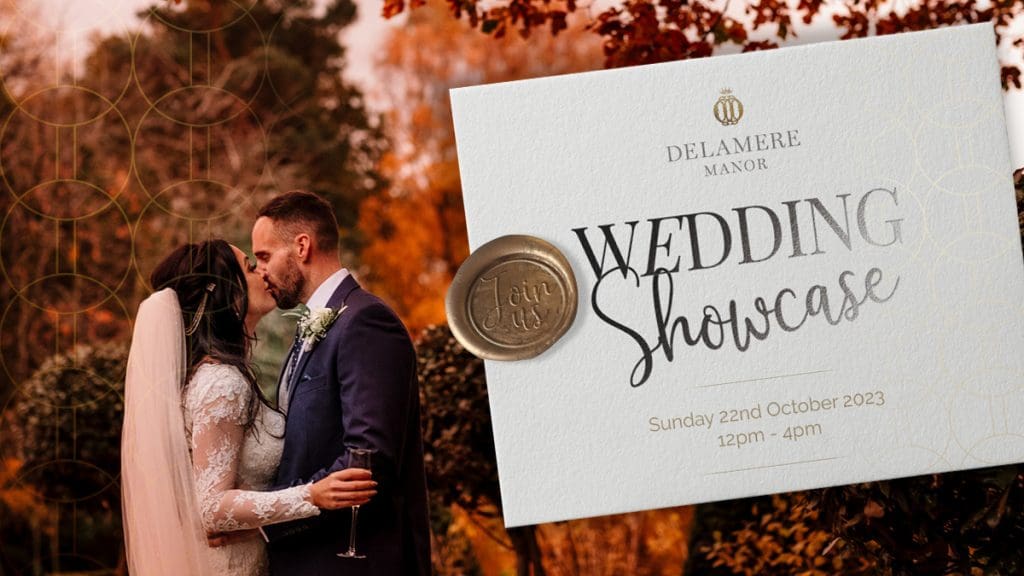If you’ve watched a lot of Hollywood films, you might be familiar with the concept of a happy couple asking a friend to officiate their wedding, but whilst it’s possible in America to get ordained online to perform the task, in the UK, it isn’t quite as simple as that. So, who can legally officiate your wedding?
Religious weddings
For some religions, the ability to officiate a wedding ceremony is automatic. Church of England, Catholic, Jewish, Anglican and Quaker leaders, such as priests, vicars and rabbis, can all officiate weddings. Other religious leaders are only able to officiate a marriage ceremony if they have applied for a licence. Registrars can attend religious wedding ceremonies to officiate if the religious leader is not licenced.
Non-denominational weddings
For civil weddings, registrars are chosen to officiate weddings that take place in licenced venues, such as town halls, stately homes or hotels. Being a registrar is a full-time job position, and it isn’t possible for somebody to temporarily take on this role to perform a wedding. In Scotland, a Humanist celebrant can officiate a wedding, but this is not legal in the rest of the UK.
Friends and family
Whilst friends or family members who are not registered as a member of the clergy or aren’t a registrar cannot legally officiate a wedding, they can perform a non-legally binding ceremony, and the couple can opt to make the wedding legal in a civil ceremony at a later date.
If you’re looking for licenced wedding venues in Cheshire, book Delamere Manor today for your dream 2021 wedding.

